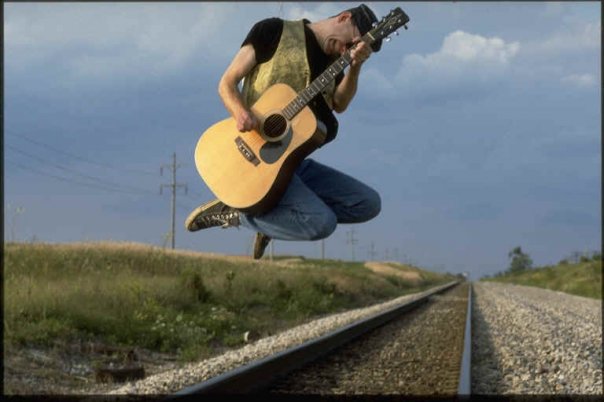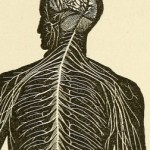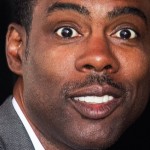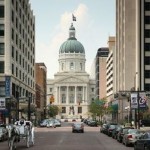
It was on this day in 1999, that my friend the poet/guitarist/songwriter Robert Rottet passed away. He died outside Ft. Bragg. NC, and there is a haze that surrounds the circumstances of his death. Officially, the Army ruled his death a suicide, but some that were close to him at that time suspect foul play. Regardless, his death was deeply intertwined with his military service.
I realized this morning that Nov. 4 also marks the death of another young poet, Wilfred Owen, who also met his untimely demise — in WWI — as a result of his military service.
Here is a video of Rob playing that I shared on Facebook this morning:
[ Tears of Fire ]
(You should be able to play the video, even if you don’t use Facebook).
The song, “Tears of Fire,” based on an article Rob read about children fighting wars in the Middle East, expresses a deep longing for a world in which children (at least) would not have to fight wars for the nation.
Here are two other songs that were recorded on the same night in 1994:
[ By the Rivers of Babylon ] and [ Red-headed Girl ]
Also, here is a biographical sketch of Robert that ran in Image Journal online in 2003:
The Complex Epiphanies of Robert Rottet
Robert Rottet was born in 1966, and lived most of his life in various places throughout the Midwest. Rottet’s musical and artistic interests began at an early age and continued throughout his life to be a central and consuming passion. Extremely gifted with the guitar, Rottet was involved both with bands and the creation of solo material while still in junior high. In the late 1980s and early 1990s, he worked with inner city youth in Camden, New Jersey. During these years, Rottet began to collect guitars and basic recording equipment. Using 4-tracks and DAT machines, Rottet recorded more than 30 albums of original material, using his own voice for backing vocals in addition to playing all the instruments. He attended college in Chicago and Indiana, and in 1996 completed a degree in English Literature. That same year he joined the U.S. Army, and was a chaplain in the 82nd Airborne at the time of his death: November 4, 1999 in Fayetteville, North Carolina. In the wake of his untimely passing, Rottet left a massive–and sadly under-appreciated–collection of music, poetry, art, and assorted writings. Both his music and lyrics are dense, and unlike the surface-skimming pop music of our day, continue to dig deeper with each listen; with time his words, as Joyce said of epiphanies, leap from the vestment of their appearances. Rottet drew musical inspiration from nearly every genre available, and from artists as diverse as Jimi Hendrix and They Might Be Giants; his lyrics found resources in the Bible, mythology, children’s fairytales, works like Conrad’s Heart of Darkness and Dante’s Inferno, the poetry of Langston Hughes, and anything and everything he ever read. Research Records, his own label founded in 1992, continues the process of transferring his albums to CD format. Two releases are planned for 2003: Country, Blues, Folk (an album of traditionals) and The Chicago E.P. (five songs). Costs for each release are covered by a grassroots network of friends and supporters, and the albums are distributed for free via Rottet’s official website. At this time, a multi-artist requiem for Rottet–Below What Once Were Wings–is in progress.
For further information visit Robert Rottet’s official website.

Wilfred Owen was perhaps the preeminent war poet of WWI, and left behind a gripping, if altogether too brief, body of work.
Here are two of his poems (via The Englewood Review of Books):
- Dulce and Decorum Est
- S.I.W. (Self-Inflected Wound), a reflection on suicide in the face of war, which is as relevant today as it was when Owen penned it almost 100 years ago.
Part of what we long for, as part of the vision of Slow Church, is a world in which the horrors of war and war-making, including the loss of brilliant young people like Robert Rottet and Wilfred Owen, gradually become unnecessary as all is subsumed in the peace of Christ.












